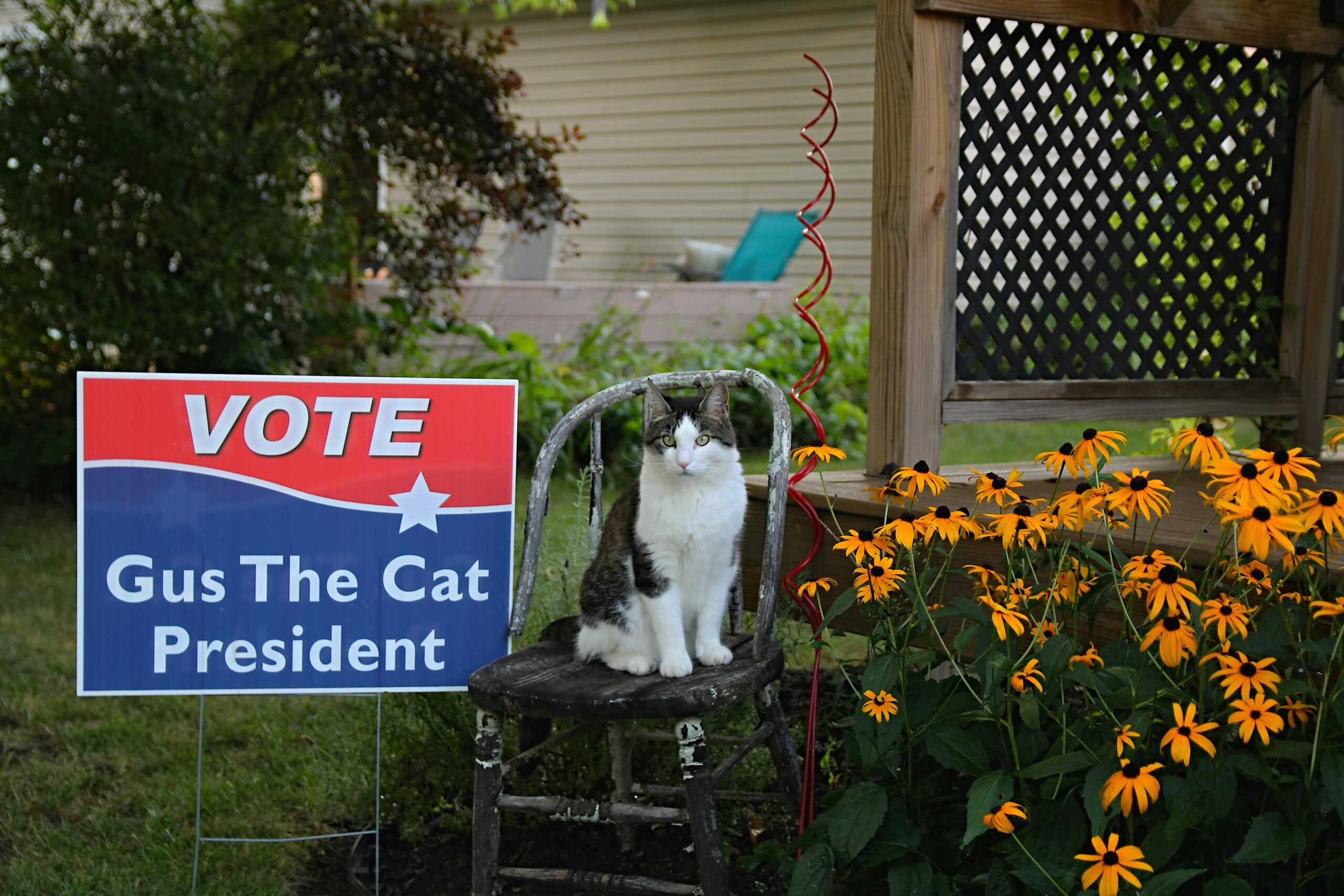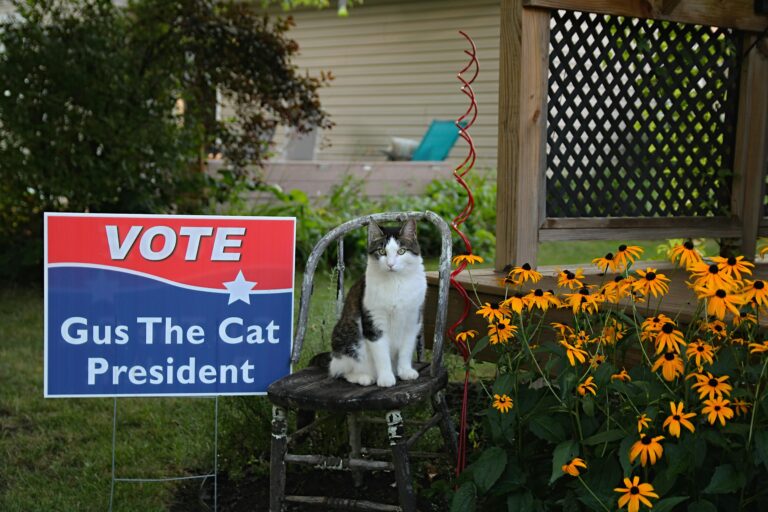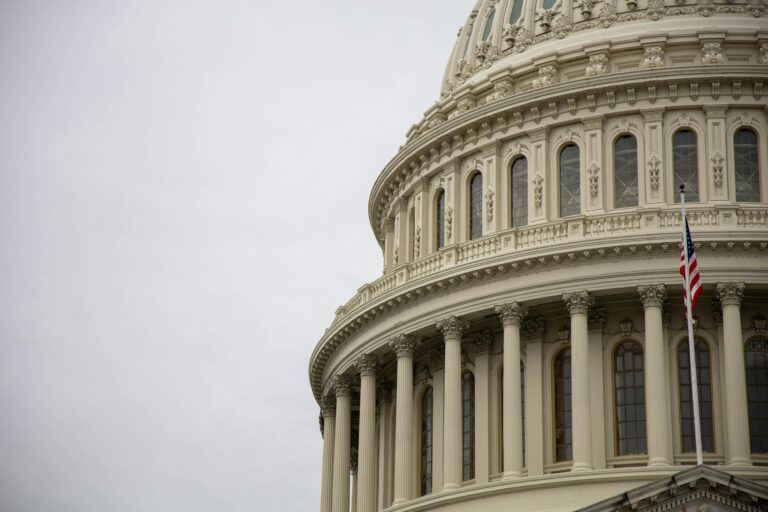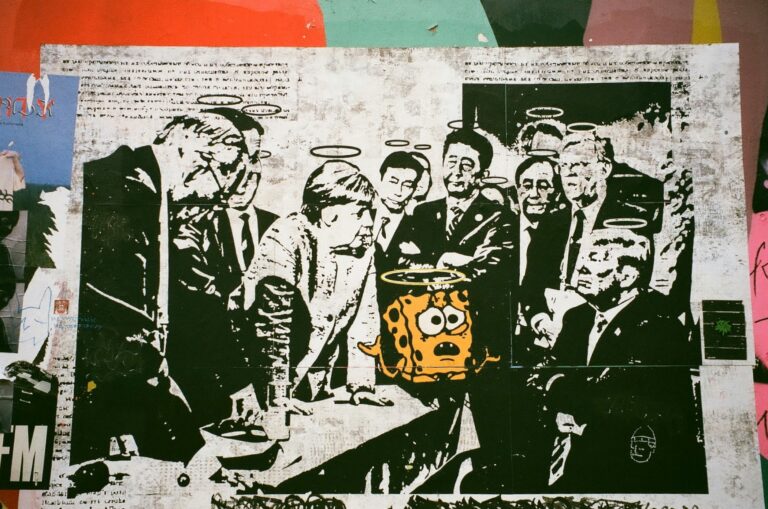
Fictional governments have a unique way of exaggerating the political systems we see in the real world, often reflecting and critiquing our own Congress. These fictional portrayals capture the complexities, dysfunctions, and challenges of governance, sometimes offering insight into the reality of political power dynamics, bureaucracy, and public service. Here’s a look at five fictional governments that bear an uncanny resemblance to the real-world U.S. Congress, each illustrating different aspects of how political systems can mirror, amplify, or critique our own.
1. The Galactic Senate – Star Wars
Fictional Government Overview: The Galactic Senate in Star Wars is a massive interplanetary legislative body where representatives from different planets and systems come together to debate, pass laws, and (try to) maintain peace across the galaxy. The Senate, unfortunately, becomes paralyzed by bureaucratic red tape and eventually falls to corruption, allowing Emperor Palpatine to manipulate it and seize total control.
Real-World Parallel: Much like the U.S. Congress, the Galactic Senate struggles with balancing diverse interests and frequently becomes bogged down by internal divisions and bureaucratic gridlock. In Star Wars, the Senate’s inability to act decisively leaves it vulnerable to manipulation—a concern echoed by critics who believe the U.S. Congress can be unduly influenced by lobbyists, special interests, or extreme partisanship.
Lesson: Without checks, balances, and accountability, even a well-intentioned legislative body can be subverted by those seeking power. A dysfunctional or corrupt system can have real consequences for governance and democracy.
2. The Ministry of Magic – Harry Potter
Fictional Government Overview: The Ministry of Magic is the governing body of the magical community in J.K. Rowling’s Harry Potter series. It’s filled with various departments and bureaucrats and often characterized by inefficiency, corruption, and political bias. The Ministry’s primary focus often seems to be self-preservation rather than actual public service, and it frequently downplays or denies real threats to maintain control over the narrative.
Real-World Parallel: Like the Ministry, the U.S. Congress is often criticized for prioritizing partisan agendas, loyalty to party, and political image over addressing pressing issues. Much like the Ministry’s denial of Voldemort’s return, Congress has occasionally been accused of minimizing or ignoring certain issues due to political interests, leading to public frustration and distrust.
Lesson: When a government prioritizes its own interests or denies real threats, it risks losing public trust. The importance of transparency, accountability, and responsiveness is key to maintaining legitimacy in the eyes of the public.
3. Panem’s Capitol Government – The Hunger Games
Fictional Government Overview: In The Hunger Games, the Capitol is the wealthy, authoritarian center of Panem, governing over the oppressed districts. The Capitol enforces its rule through control, propaganda, and spectacle, broadcasting the Hunger Games as both entertainment and a tool for fear. The districts are exploited for their resources, while the Capitol enjoys luxury and power.
Real-World Parallel: While the U.S. Congress doesn’t mirror the Capitol’s extremities, there are parallels in the public’s perception of Congress being distant and out-of-touch with the lives of everyday Americans. Just as the Capitol’s elite benefit from the status quo, critics argue that members of Congress sometimes prioritize corporate interests and campaign donors over the needs of average citizens.
Lesson: A government that appears disconnected from the people it represents risks fueling discontent and division. Equitable representation and a commitment to serve all citizens, rather than just powerful interests, are essential for a functional democracy.
4. The Council of Elrond – The Lord of the Rings
Fictional Government Overview: In The Lord of the Rings, the Council of Elrond is an assembly of representatives from different races and factions—humans, elves, dwarves, and hobbits—who come together to decide what to do about the One Ring. Each group has its own agenda and distrusts the others, leading to debates, compromises, and complex decision-making.
Real-World Parallel: The Council of Elrond resembles Congress in that it brings together diverse representatives who must negotiate and find common ground. Just as the Council has to overcome mistrust and prioritize the common good over individual interests, Congress often faces the challenge of bridging ideological divides and balancing local concerns with national priorities.
Lesson: Effective governance requires representatives to put aside personal and regional interests in favor of the greater good. The Council of Elrond shows that unity, even among very different parties, can be achieved when faced with a shared purpose.
5. The United Federation of Planets – Star Trek
Fictional Government Overview: The United Federation of Planets in Star Trek is a futuristic interplanetary coalition that promotes diplomacy, peace, and mutual cooperation among its member planets. The Federation’s Council serves as its governing body, with representatives from each planet working together to make decisions based on consensus, respect for different cultures, and shared values.
Real-World Parallel: The Federation is often seen as an idealized version of what Congress (and perhaps the United Nations) aspires to be—a body that truly serves the collective interest while respecting individual autonomy. While Congress is composed of representatives with varied local interests, the Federation Council’s goal of promoting cooperation and diplomacy reflects the hopes of what a well-functioning Congress could achieve.
Lesson: An effective legislative body should prioritize collaboration, uphold shared values, and foster peaceful resolutions. The Federation serves as an aspirational model for what governance could look like if it truly embodied inclusivity, diversity, and the pursuit of the common good.
Final Thoughts: Learning from Fictional Politics
These fictional governments offer valuable insights and cautionary tales, mirroring the real-world struggles of Congress. While exaggerated for dramatic effect, these portrayals capture the challenges, responsibilities, and pitfalls inherent in governance. Whether through the corruption of the Galactic Senate, the bureaucratic inefficiency of the Ministry of Magic, or the idealism of the United Federation of Planets, fiction allows us to reflect on the strengths and weaknesses of our own political institutions.
As Congress continues to navigate the complexities of modern governance, these fictional counterparts remind us of the importance of transparency, unity, and serving the public good—because, at the end of the day, even fictional worlds depend on a government they can believe in.






